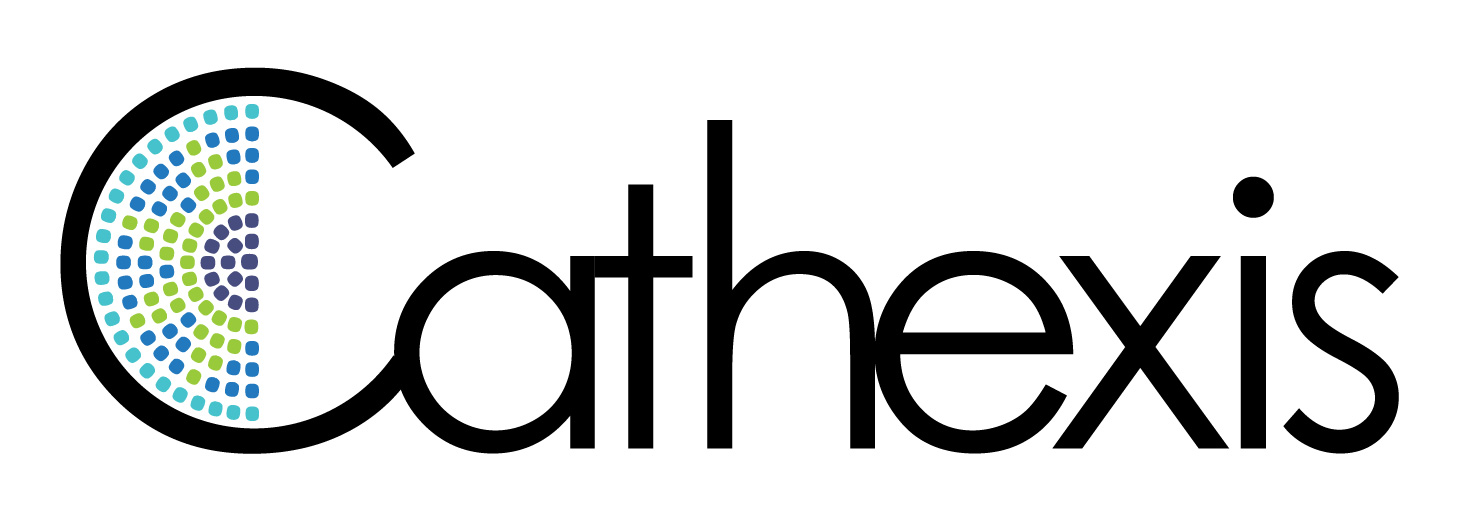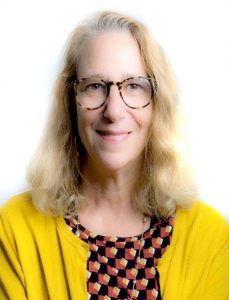Heidi is an evaluator and lead of the consulting shop Advancing Change Together (ACT). She’s also an enthusiastic exponent of an exciting duo of cutting-edge evaluation approaches: Outcome Harvesting and Outcome Mapping (Heidi chairs the global Outcome Mapping Learning Community). Last year, we were lucky enough to have Heidi come in to our office to share with us the basics of Outcome Harvesting – ideas which we’ve already been able to put into use in evaluations where intended outcomes are not predetermined and an exploratory, bottom-up approach is needed. If you want to learn more about Outcome Mapping and Outcome Harvesting, Heidi is running a workshop (Outcome Mapping: an approach for planning, monitoring and evaluating complex social change) at the American Evaluation Association conference in Minneapolis on November 12, 2019.
We recently sat down with Heidi to ask her some questions about what drives her.
- Why do clients seek you out?
Clients come to me when they are looking for ways to measure things that are hard to measure, like belonging and inclusion, and they hear about my work in Outcome Mapping and Outcome Harvesting. Clients are often looking for support with their journey to discover how their work is contributing to outcomes at many levels within and across systems. People connect with me because I listen deeply to their needs and work with them to build organizational capacity for evaluative thinking and strategic learning. They hear I can help them plan and facilitate inclusive and highly engaged learning and evaluation processes that support decision-making, determining next steps and demonstrating results.
- What 3 principles best capture how you work?
I believe that quality processes with groups and organizations produce quality results. I cultivate high functioning collaborations based on shared understanding and vision. My work is relationship-based and learning-oriented with a readiness to be emergent and adapt tools and strategies to the context and purposes. I am guided by equity, inclusion and interconnected systems thinking.
- What big idea in evaluation inspires you?
I am very passionate about Outcome Harvesting, along with its foundation in Outcomes Mapping. These are both learning-oriented evaluation approaches that are best suited to the complex world we live in. We are asked to help evaluate social and environmental projects, programs, or organizations that experience continual change and contend with unexpected and unforeseeable actors and factors in their environments. Unlike other monitoring and evaluation approaches, Outcome Harvesting (OH) does not necessarily measure progress towards predetermined objectives or outcomes, but rather, collects evidence of what has changed and then, working backwards, determines whether and how an intervention contributed to these changes. OH can help us to see and understand what is transforming in a system, including hard to see incremental changes in relationships. In every outcome harvest, the intended users of the harvest findings define what constitutes an outcome. In this way OH can be designed to intentionally advance equity purposes by including primary users, that are most impacted by access and experience barriers, in defining useful evaluation questions.
- What’s the best thing you’ve read recently?
“Braiding Sweetgrass: Indigenous Wisdom, Scientific Knowledge and the Teachings of Plants” by botanist Robin Wall Kimmerer. I am currently seeking out ways to better understand Indigenous ways of knowing in order to bring more holistic thinking and cultural safety into my practice. This book really helped. She paints a poetic path toward building deeper ecological connections and celebrating our give and take relationship with the natural world.
- What’s your “back-up job”—the thing you’d be doing if you weren’t doing what you’re doing?
I want to create a foundation out of my consulting group, Advancing Change Together (ACT). We would be about strengthening evaluation practice to support transformational change to meet global challenges. ACT would pressure test forward looking evaluation approaches and capabilities. We would partner with funders to support future systems and networks of change practitioners working to solve global challenges. It’s a passion project and I will be joining with other evaluators at the American Evaluation Association conference this year, where the theme is “Paths to the Future of Evaluation”.
- Why do you do what you do?
I am committed to advancing healthy and sustainable communities including strengthening access to determinants of health, belonging and wellbeing. I work to support organizations and networks that are building caring, connected and inclusive communities and integrated systems. With my skills and experience I can best contribute by facilitating participatory and systems-informed strategies and evaluation processes that help organizations, partnerships and networks working on persistent challenges. I can support organizations and networks to achieve their desired outcomes and to measure their contributions to change.

